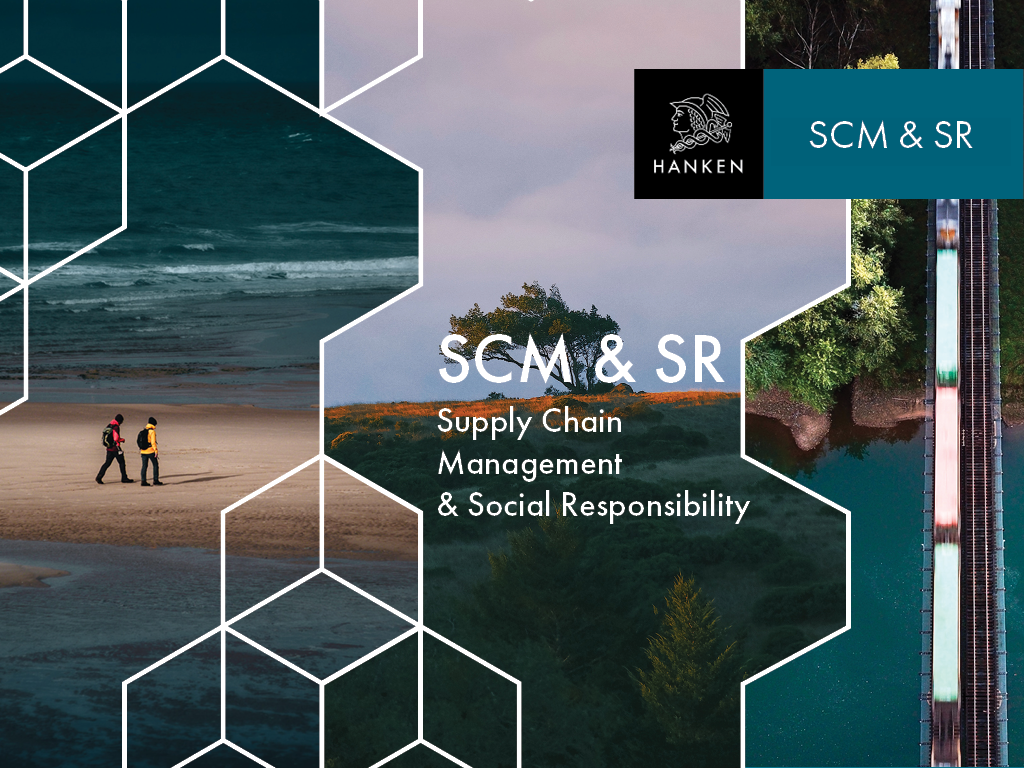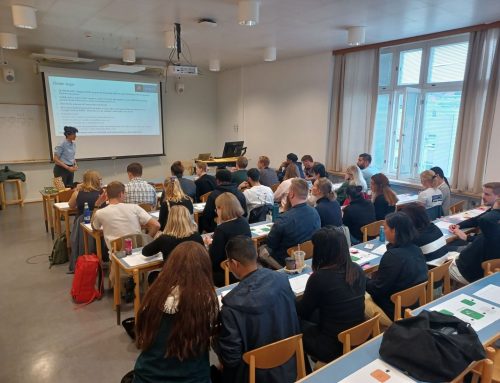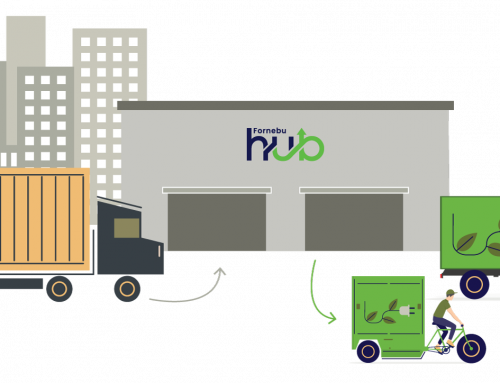In this post, topics for future PhD candidates are introduced. The topics can roughly be divided into:
- Humanitarian logistics,
- Supply chain risk resilience & security, and
- Sustainable & responsible supply chains.
In Humanitarian Logistics we have:
Humanitarian logistics services
Logistics service provision in the humanitarian context is significant. It represents the first category of services procured by humanitarian organizations. Both commercial and humanitarian logistics providers co-exist in this billion-dollar industry. However, research in this topic is rather scant. How different types of service providers collaborate, how different services integrate to create a seamless supply chain and which service provision model adapts better to the humanitarian context are some of the questions that need further attention.
Crisis preparedness
Logistics for people in the move, temporary settlements, migration logistics
Forced displacement is one of the biggest humanitarian challenges faced by the international community in the 21st century. At the end of 2022, 62.5 million people remained internally displaced because of conflict and violence, and 8.7M as a result of disasters. In spite of great advances on humanitarian logistics research, little has been done regarding the logistics required during migration (people on the move) or for temporary settlements.
Humanitarian logistics in conflict and complex emergencies
Conflict zones provide particular challenges for humanitarian operations. The principle of neutrality can be tricky to uphold amid shifting frontlines and global political pressures. At the same time, access and security are important practical considerations for logistics in these areas. Siege warfare in particular makes effective humanitarian logistics a matter of life and death.
Circular economy and waste management in humanitarian logistics
Humanitarian logistics, from the frequent use of air freight to the abundance of plastic packaging, can take a toll on the environment, particularly in the vulnerable places it aims to reach. Our research in this area explores circular economy practices for humanitarian supply chains, for example waste management approaches for field hospitals.
In Supply chain risk resilience & security we have:
Resilient freight transport systems
Even outside of issues like the Suez Canal blockage in 2021 that receive abundant media coverage, there are many disruptions to freight transport systems that affect global supply chains. From low water levels to cyber attacks, our research in this area focuses on increasing the resilient of freight transport systems to allow the more efficient flow of goods.
Security of supply
Security of supply is fundamental to the societal resilience of a country. Preparedness, and the mitigation of supply chain disruptions support security of supply in many different sectors. This topic further contributes to comprehensive security.
Supply chain risk management
- especially with regards to cascading disasters, overlapping ones, and their incident evolutions
Medical logistics / medical supply chains
Logistics and supply chain management were much highlighted as a backbone to the functioning of public health care during the COVID-19 pandemic. They are not only important for e.g. vaccine distribution and related cold chains but also in regular health care provision, whether concerning pharmaceuticals, medical devices, or the deployment of emergency medical teams and entire field hospitals. Recently, more attention is also paid to environmental considerations in medical supply chains across a variety of topics, from waste management to product and packaging design for circularity, to sustainable energy solutions for medical cold chains.
In Sustainable and responsible supply chains we have:
Carbon removal de-circularity
Corporate sustainability due diligence in supply chains
Corporate sustainability due diligence in supply chains -the impacts of corporate sustainability due diligence on suppliers, upgrading and downgrading effects. -governing human rights-based approaches in global value chains -ensuring HRDD compliance in global supply chains, the role of procurement in CSDDD.
Sustainable and circular procurement
Procurement management has a unique ability to contribute to the CE agenda. Our research in this area focuses on procurement strategies that emphasize sustainability and circular economy principles, aiming to minimize environmental impact and promote the efficient use of resources.
Sustainable innovative last mile distribution
Increasing number of last mile deliveries has negative externalities. Research that takes both multiple stakeholder perspective and integrated innovative technologies and business is needed to overcame these challenges both in urban and rural contexts.
Technologies and solutions for circular, resilient or sustainable supply chains
Solving real world challenges requires real world solutions, that are implemented by the organizations facing the challenges. Trough developing a deep understanding of solutions that organizations implement in order to become circular, more resilient and/or sustainable, we reach a deeper understanding of how the challenges could be addressed. Ideally the research would focus on a technological/managerial solution, its implementation and impact.

Those who have completed a university level Master’s degree can apply to Hanken for doctoral studies. Doctoral students (i.e., doctoral researchers, PhDs) may study for the degree Doctor of Science (Economics and Business Administration) or for the degree Doctor of Philosophy. Application takes place 1.12. 2023 – 3.1.2024.




